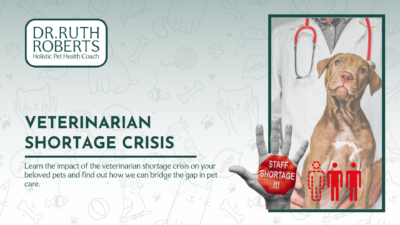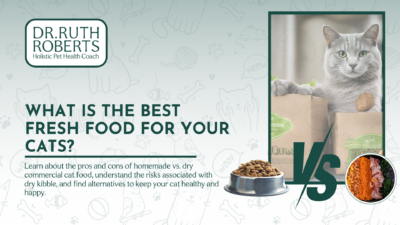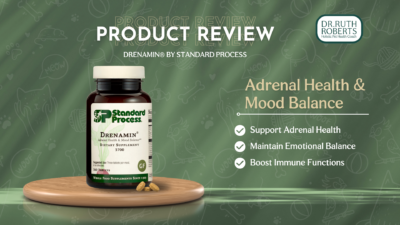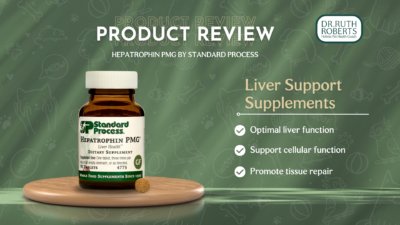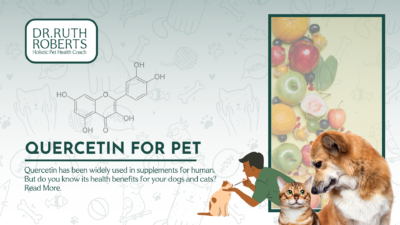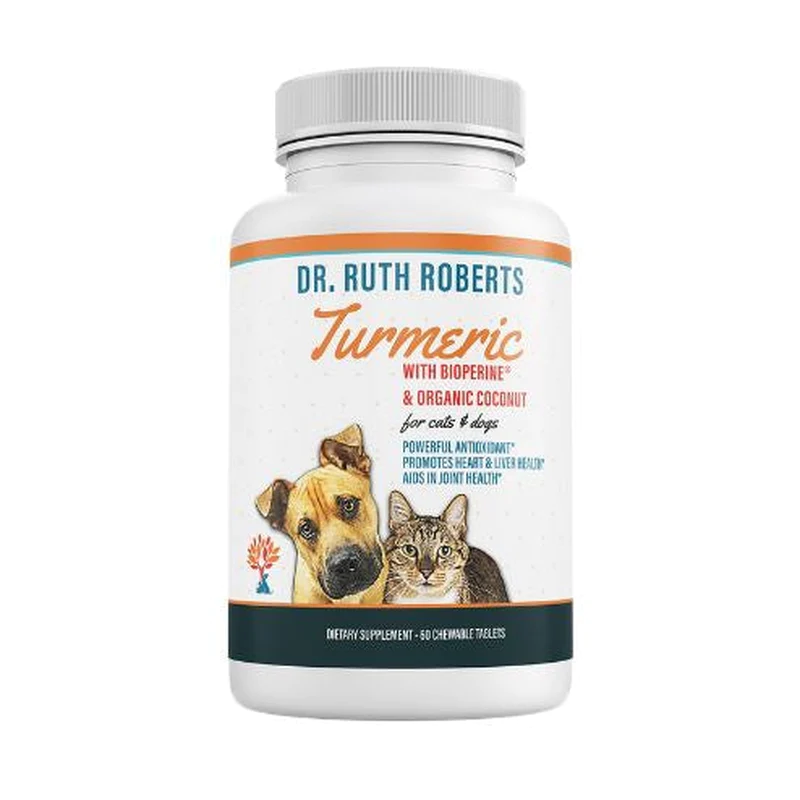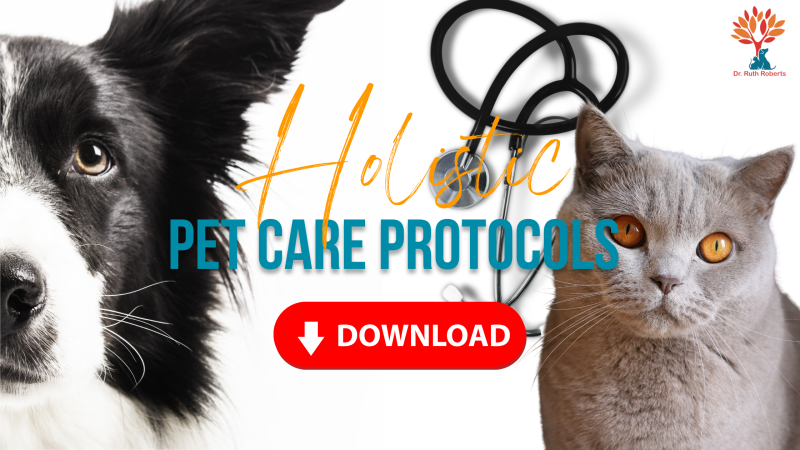Here we are, in the middle of May, and the pollen is still fallin’, in very alarming amounts in some places. Allergy season can wreak havoc on pet allergies and the poor dogs and cats who suffer them. Do you know what symptoms to look for?

Symptoms of seasonal allergies can make even the happiest pup completely miserable. So much so, that you may need the help of an experienced vet to find her some relief. Although pets do show symptoms of allergies in some of the same ways we do (sneezing, watery eyes), they experience the effects of allergens in many ways – some that can be quite uncomfortable. Here are a few lesser-known symptoms of pet allergies to look out for, that may reveal your pet is feeling the effects of the season change.
Anal Gland Issues: getting to the “bottom” of the problem
Chronic anal gland issues are an indication that your pet is suffering from allergies. If your pet starts “scooting” across the floor, or licking her rear as the seasons change, it may be time to get her checked out under the hood.
What are anal glands?
Anal glands, or anal sacs, are glands that are located on either side of the anus, between the muscles that make up the rectum. Both dogs and cats have them, and when they are working right, are naturally “expressed” during normal bowel movements.

Most pets have no trouble with these little glands, and go most or all of their lives without so much as a single issue. Others are not so lucky and find themselves in need of regular or seasonal gland expressions. Dogs are more prone to anal gland issues than cats, and small breeds are even more prone to problems.
Pets begin to experience discomfort when the anal glands become impacted or infected. When the anal glands are impacted, the fluid that is naturally produced in those glands has become trapped, unable to exit normally through the gland’s small duct. Infection of the glands is commonly caused by impaction.

If impacted or infected anal glands are left untreated, it causes severe discomfort for the animal, but can also result in an abscess. When an anal gland becomes too filled with fluid, the trapped material is likely to rupture through the skin. Not only is an abscessed anal gland extremely painful, but it often requires surgical correction, antibiotics and pain medication for your pet.
What causes anal gland issues?
What causes anal glands to become impacted or infected, you ask? Well, it shouldn’t surprise you that the root cause is inflammation. Pets who have conditions that cause chronic inflammation of the skin are also likely to have chronic issues with their anal glands (inflammation causes the anal gland duct to become blocked). And the condition that causes the most chronic skin inflammation of all, is allergies.
There are other chronic conditions that may also play part in your pet’s anal gland woes. Obesity and hypothyroidism are surprising culprits, but allergic response takes the cake. Whether your pet is suffering from a chronic allergy (such as a food allergy), or a seasonal one (environmental allergies that flare up especially in spring or fall), their body’s response to allergens will no doubt cause inflammation from the “bottom” up.
Chronic Skin Infections: the gift that keeps giving
As we’ve already discussed, pet allergies can cause chronic inflammation of the skin, and they often do. Skin inflammation is uncomfortable, irritating, and oh boy is it itchy! Pets who are suffering from atopic dermatitis (a fancy word for “environmental allergies”) will be extremely itchy and scratch themselves around the clock to try to find relief. Food allergies can cause also trigger chronic itching.
How do pets get skin infections?
All of this itching and scratching leaves superficial wounds on the outermost layer of your pet’s skin. If those wounds are unable to heal, and are constantly re-opened or made worse, the chance of infection goes sky-high.
 If the outer layer of your pet’s skin does become infected, the condition can worsen very quickly. The growing infection causes increased discomfort, and will almost certainly cause your pet to itch even more. It’s a vicious cycle. There are many causes of skin infection, so if you suspect your dog or cat may have one, it’s usually best to bring them to see their vet. Severe skin infections often require treatment with antibiotics.
If the outer layer of your pet’s skin does become infected, the condition can worsen very quickly. The growing infection causes increased discomfort, and will almost certainly cause your pet to itch even more. It’s a vicious cycle. There are many causes of skin infection, so if you suspect your dog or cat may have one, it’s usually best to bring them to see their vet. Severe skin infections often require treatment with antibiotics.
You can help reduce your pet’s chance of infection, and even lessen their discomfort and itching by using an ingredient that’s probably already in your kitchen cabinet. Apple cider vinegar can help clean your pet’s skin of allergens, and also remove bacteria that can cause itching or infection. Use a solution of ½ apple cider vinegar and ½ water to wipe your pet down after she comes inside. Give special care to her belly, undercarriage and feet, as those areas have the most contact with grass and pollen, and tend to be the areas most affected by atopic dermatitis and pyoderma.
Ear Infections: what a pain
Chronic ear infections have always been one of my biggest red flags when it comes to identifying pet allergies in my patients. Recurring ear infections can certainly signify the presence of inflammation caused by allergies.
The signs of ear infection in pets are pretty tough to miss. Most animals will scratch or paw at their ears, shake their heads, and rub their face and head over pretty much any surface possible.
If you take a peek into your pet’s ear, you may also see some redness and noted inflammation. Some pets with ear infections will have what looks dirt or dark waxy buildup in their ears. Your vet will be able to tell you whether the cause of the infection is bacteria or yeast, and help you treat it.

Pay attention to the timing of your pet’s ear infections. If they seem to happen during allergy seasons, there’s a good chance they could be
caused by allergies. Sometimes, the ear infection will occur as a secondary infection caused by scratching. But even allergic inflammation alone can create red, itchy ears that will make your pet shake their head or rub the head and face on whatever they can.
Some forms of ear infection can be easily prevented with regular maintenance and care. You can rinse your pet’s ears regularly with an apple cider vinegar solution, to help keep them dry and clean; especially after swimming sessions. This will also help ward off any yeast or bacteria that may be lurking and could lead to infection. It’s VERY IMPORTANT not to use this solution for a pet who has an existing ear infection, as it will sting or burn if infection is present.
What can you do to reduce the severity of pet allergies?
The very first thing you can do to help your pet is, of course, not always the easiest. Finding out exactly what is causing your pet’s reactions is the most surefire way to combat them. This starts with some astute observation on your part.

Pay attention to the timing of your pet’s symptoms. If she seems to need her anal glands expressed by the vet often in the spring and fall, but not many other times of the year, it could be seasonal allergies. If her ear infections seem to come and go with the seasons, it may be seasonal allergies.
For pets who experience seasonal allergies, it may make the most sense to simply help reduce the symptoms of their allergies. After all, you can’t reasonably expect to keep your poor pup indoors until spring has gone – what fun she’d miss out on! Quercetin and Nettles is my favorite supplement to help curb the effects of allergens. It will help reduce the inflammation and discomfort that is caused by the allergic response. Adding a healthy fatty acid like fish oil to their diet may also help.

However, if you notice your pet’s allergic symptoms seem to continue year-round, it may be time to do a little more investigation. Food allergies can often present themselves in a similar fashion to environmental allergies (though GI upset also tends to accompany the other symptoms), as they will cause inflammation that makes your pet itch or have anal gland issues. Starting a rotation diet for your pet may give you some insight into what is causing their symptoms.
Are all pet allergies seasonal?
There are also plenty of environmental allergens that are present year-round, and could be causing your pet’s distress. Dust mites and storage mites, for example, are common allergens for many pets. And if your pet is eating kibble, there are most certainly storage mites hanging about in her bowl (they’re microscopic, so you won’t be able to see them). You can help reduce the presence and nuisance of these pests by placing a small amount of kibble into an airtight container as soon as you open a new bag, and keeping the rest in the freezer until you are ready to use it.
If you simply cannot put a damper on your pet’s allergies, it’s best to consult a veterinarian that can help you determine the root cause. Many veterinarians, especially dermatologists, can offer allergy testing. Your options for relief will be much greater and likely to be effective if you know exactly what you are fighting.
We can help your pet find relief – naturally!
There are many solutions to pet allergies, even many likely options for each individual pet, and they do not have to include steroids or harsh pharmaceuticals. Many conventional veterinarians are simply not aware of the many different options available to treat our pets homeopathically, and treat their patients the way they know how (though always with love and compassion!). If your pet is suffering from allergies, and you don’t know where to turn, I would love to help. Your pet always has an ally in me, and I am only a phone call away.


